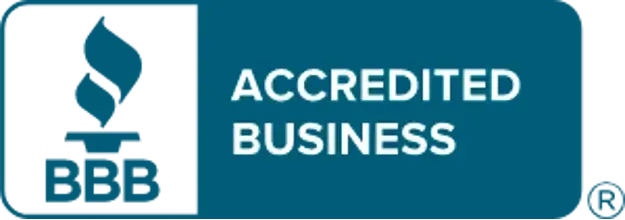What Happens If I’m Sued For An Unpaid Debt, Part 1 Defending A Case And The Statute Of Limitations
This is the first part of a series of blogs on what occurs when consumers are sued for unpaid debts. Most lawsuits for the collection of debts are actions based upon breach of contract. Today’s blog will deal with the statute of limitations and some other initial considerations when defending a debt collection lawsuit, especially one based on a contract or other agreement. If debt collectors are suing you, call the Parker Law Firm to defend you and protect your rights.
Ideally, consumers should keep complete and accurate records of the payment of debts, but this isn’t always the case. Many clients complain that prior to being served with a lawsuit, they couldn’t identify the origin of the underlying debt and didn’t recognize the name of a particular entity or account number in correspondence that they received from the plaintiff/collection agency.
Defending a lawsuit always requires consideration of the statute of limitations, which if expired, bars an action for the recovery of the debt. Many debt collectors bring actions beyond the limitations period. If the debt is not for a credit card but an open account the statute of limitations is four years in Georgia. If the debt is not for a credit card but for a written contract, the statute of limitations is six years in Georgia. The statute typically starts to run from the date of default rather than the date of last payment.
In Hill v. American Express , 657 S.E.2d 547, (Ga. Ct. App. 2008), the state’s Court of Appeals held that the six-year statute of limitation for written contracts applied to an action to recover unpaid credit card charges, even when the defendant’s acceptance of the contract consisted of use of the credit card rather than signing a contract or agreement. In Phoenix Recovery Group Inc. v. Mehta , 663 S.E.2d 290, (Ga. Ct. App. 2008), the debtor both accepted the contract by signing the credit card application and used the credit card; the collection of the debt was therefore subject to the six-year limitation period.
Once the debt is identified and it is established that the statute of limitations may not have expired, consumers must determine if any other possible defenses exist such as payment in part or in full, or discharge in bankruptcy. Also, especially for past victims of identity theft, defenses related to fraudulent charges or mistaken identity must be considered. More importantly, counterclaims may exist against the plaintiff/collection agency based upon FDCPA and other state law violations that may have occurred prior to service of the lawsuit. To litigate such counterclaims and otherwise avoid a default judgment, defendants must file an answer to the complaint.
The assistance of an attorney is necessary to protect your rights in this situation from collection agents and their attorneys. If you have been sued in a Georgia court for an unpaid debt, call 770-246-1331 or e-mail the Parker Law Firm to schedule a consultation today!
The post What Happens If I’m Sued For An Unpaid Debt, Part 1 Defending A Case And The Statute Of Limitations appeared first on Parker Law Firm.





